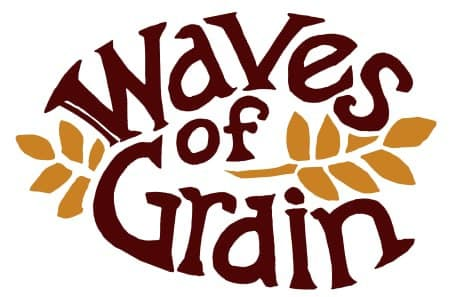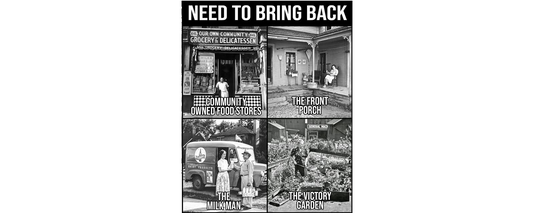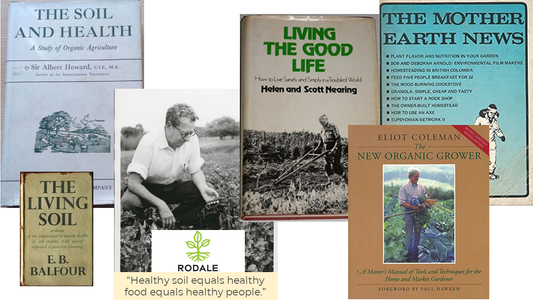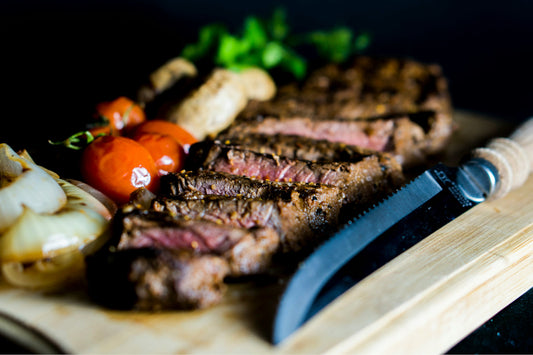Photo: Certified Organic Feedlot Operation in Eastern Washington
Grocery prices rose 30% in the last 4 years (beef prices up 50%, yogurt up 47%). Here is why, in an interesting podcast that also explains the loss of real organic and local food choices in the last 20 years. The Real Organic Podcast
Takeaways, as reported by the long time head of purchasing at Whole Foods:
- Whole Foods lost its foothold with local products back in the runup to selling out to Amazon.
- To compete with Walmart, national buyers gained power over the regional “foragers” at Whole Foods (previously responsible for finding local suppliers). Executives refused to honor local contracts.
- Instead they dropped prices on a range of high volume commodity products to compete with Walmart, forcing the chain to raise prices on most other goods, including local products, to protect the company’s overall profitability. The effect was a shift in volume away from local to high volume national level producers.
- At the same time, regulations were changed to allow concentrated animal feeding operations (CAFO) farms to become certified organic, and automated hydroponic indoor growers, allowing Whole Foods to label cheap, commodity products from factory farms as “organic”.
There is also an interesting history lesson in this podcast, covering how the original anti-trust legislation was exactly to fight unfair purchasing contracts that hurt independent retailers by lowering prices in an anti-competitive way. But in the 1980s and 90s, regulators and judges changed the interpretation to say the opposite, namely that monopolies are only in effect when prices go up. Therefore, anti-competitive practices were allowed as long as prices stayed low. Now the chickens have come home to roost.
“And a lot of it has to do with how out to lunch the regulators have been in this philosophy around you know, anti-trust that’s really not only antiquated but truly damaging, [not only to local economies] now to the consumers. COVID-19 broke the promise of industrial agriculture. COVID-19 broke agribusiness. The promise of agribusiness was cheap, convenient, abundant, processed food. Well, it wasn’t abundant, shit was out of stock all the time, and it sure ain’t cheap anymore, prices have gone up 20 to 40%, depending on where you’re buying and what you’re buying. So agribusiness has outlived its usefulness, if it ever was useful, except to the shareholders.” -- Errol Schweizer
Check out Errol's own podcast and writings on the grocery business at The Check Out. Listen to his 17 minute data-filled report on Why Your Groceries Are So Damn Expensive.




